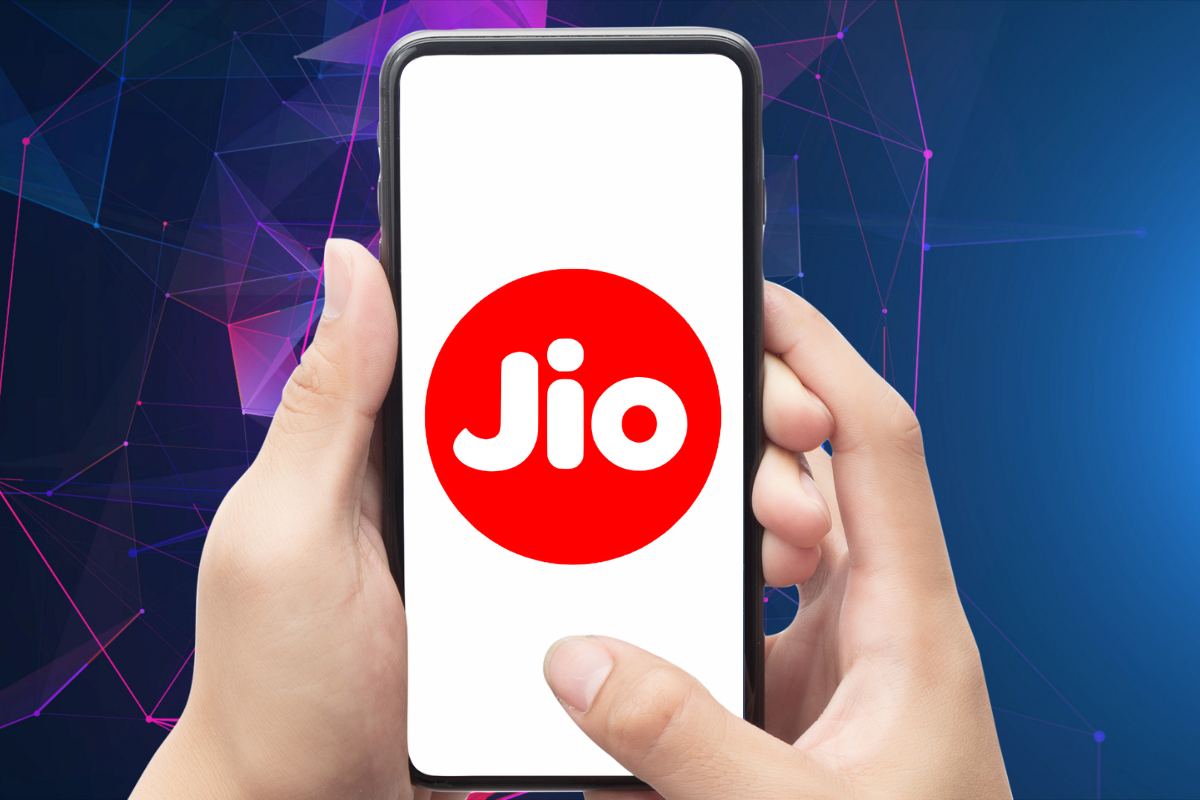Indian Telecom Sector: A Tale Of Manipulating ARPUs And Prices!
Both Vi and Bharti Airtel have expressed concerns over pricing, with Bharti Airtel CEO Gopal Vittal describing India's telecom pricing structure as "broken".

The existing pricing system of India’s telecom business is tragically flawed, according to Bharti Airtel Ltd. CEO Gopal Vittal, who hopes that common sense will prevail in the industry and prices will be raised sooner rather than later. In a post-earnings call with investors last week, the CEO of India’s second-largest telecom operator argued that a one-size-fits-all pricing model is not how any consumer-facing sector operates.

Both Vi and Bharti Airtel have expressed concerns over pricing, with Bharti Airtel CEO Gopal Vittal describing India’s telecom pricing structure as “broken” in the company’s most recent earnings conference. Earlier this year, Vi CEO Akshaya Moondra stated that the country’s tariff standards must shift from a one-size-fits-all framework to a ‘pay for what you use’ approach.
Bharti Airtel’s ARPU has remained flat in recent quarters due to a lack of major rate increases. Vittal’s remarks come when Bharti Airtel’s ARPU has remained stable at Rs 193 in recent quarters, despite a rate increase at the lowest end of the data usage bucket. On the other hand, Reliance Jio has an ARPU of Rs 178.80, and Vodafone Idea has an ARPU of Rs 138. Vi has yet to release its financial results for the fiscal quarter ended March 31.
Efforts taken by Indian telecom operators.
In such a scenario, telecom operators Reliance Jio, Bharti Airtel, and Vodafone Idea (Vi) are taking steps to increase their average revenue per user (ARPU) without raising tariffs, such as blocking incoming calls after the validity period of a pack expires and limiting the number of data top-ups after the validity period of a plan expires. As a result, analysts predict a major increase in ARPU will occur only when tariffs are hiked, which is not likely before the general elections next year.

According to experts, the goal is to guarantee that consumers recharge their plans before they expire, assuring a continual flow of income. According to industry officials and experts, customers are pushed to switch to higher-priced data plans with greater allocations when data top-ups are limited. After the validity or expiry date of the plan, has passed, telcos typically provide a grace period. According to the IIFL research, Bharti Airtel has been the most severe in blocking incoming calls.
Experts say it’s not a long-term solution.
According to industry experts, blocking incoming calls for consumers who have not topped up even after the grace period is now industry practice, and the grace time granted by each telco has been notified to the Telecom Regulatory Authority of India.
Telcos should carefully analyse their implementation of such ARPU-increasing tactics. According to Murtuza Kachwala, managing director of Protiviti Member Firm for India, balancing customer happiness and revenue growth is critical to maintaining a great customer experience and retaining a loyal subscriber base. Experts also stated that blocking incoming calls or limiting the number of data caps are temporary and do not provide a long-term answer to high APRU growth. While these tactics improve ARPU in tiny quantities, as seen by the fiscal fourth-quarter results, only headline tariff rises can help bring a considerable boost to the metric.
However, with the general election scheduled for the first half of 2024, many believe the next wave of tariff increases will come only after the election.
Historical shreds of evidence of Tariff hike in the telecom sector.
Tariff increases among India’s three telecoms were last seen in November-December 2021. There has been no major increase in prepaid pricing since then. However, Bharti Airtel began boosting the pricing of its entry-level packs from Rs 99 to Rs 155 in Haryana and Odisha markets in November 2022 and has now done so across 22 circles.
Given how much the spread between prepaid and postpaid pricing has decreased, there was some expectation of a postpaid rate increase. Analysts say Jio has stepped up its attempts to get a greater market share in the postpaid category through aggressively priced plans, a goal Reliance Industries president Kiran Thomas underlined on the company’s fourth-quarter earnings call.

Conclusion.
Is this approach of blocking calls justified? Imagine you miss an important incoming call just because you mistakenly forgot to recharge your pack, and something unacceptable happened due to the miss of that call! Yeah, that’s terrific! However, the company must focus on more sustainable approaches for long-term growth and customer satisfaction.
Proofread & Published By Naveenika Chauhan




